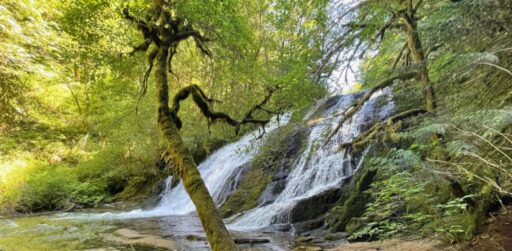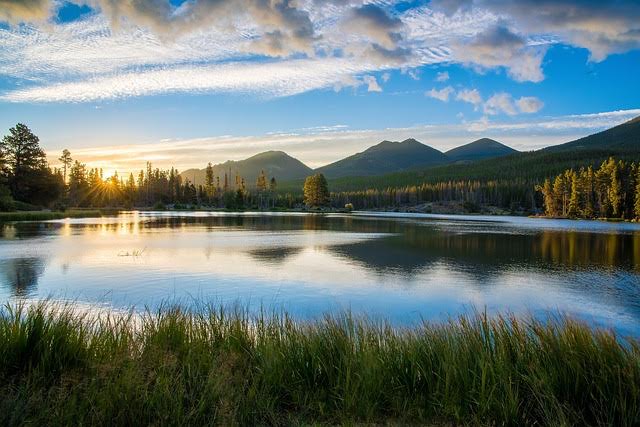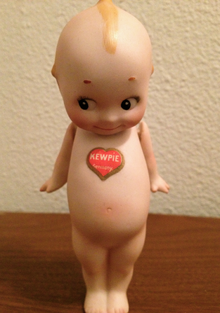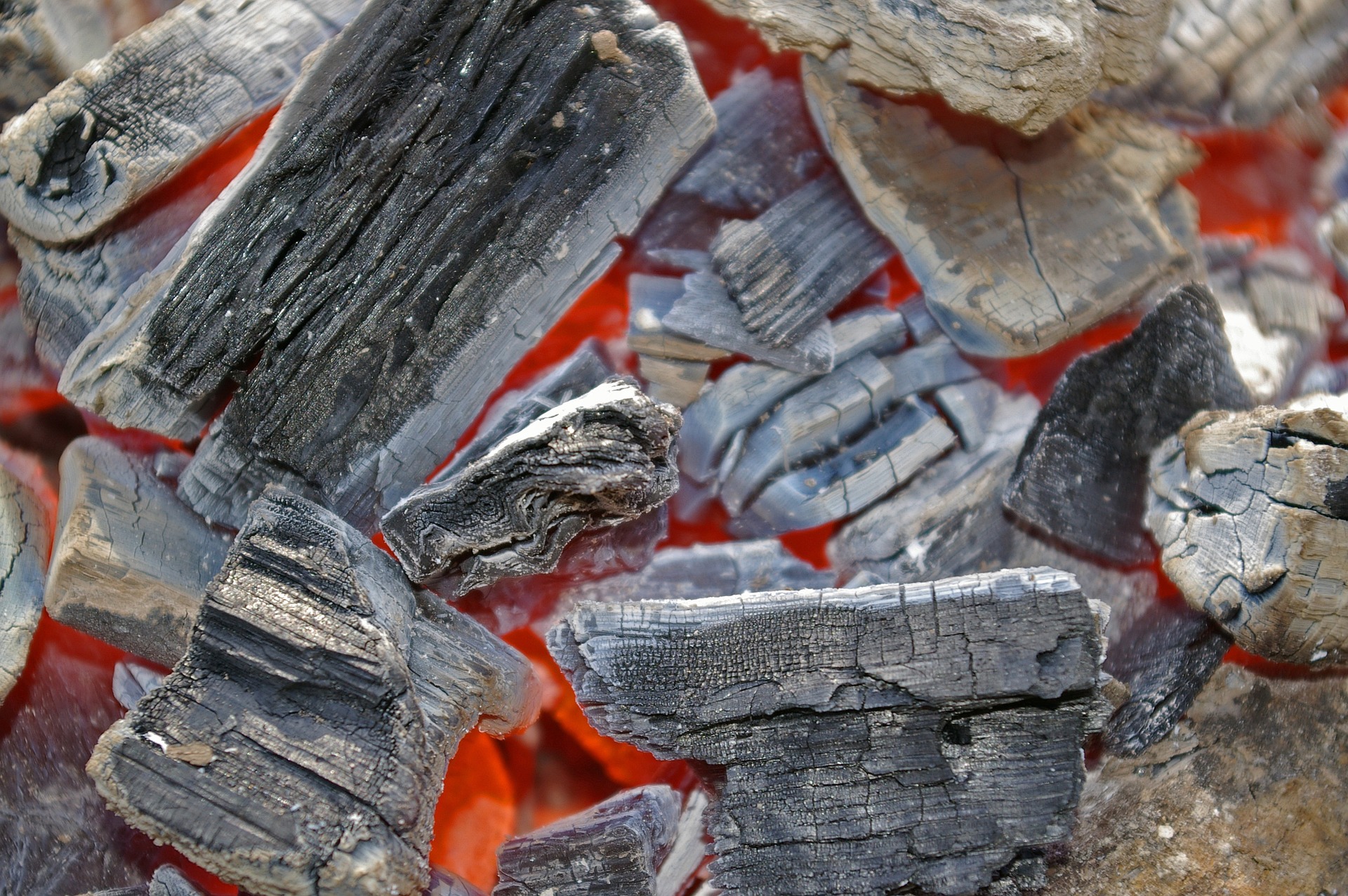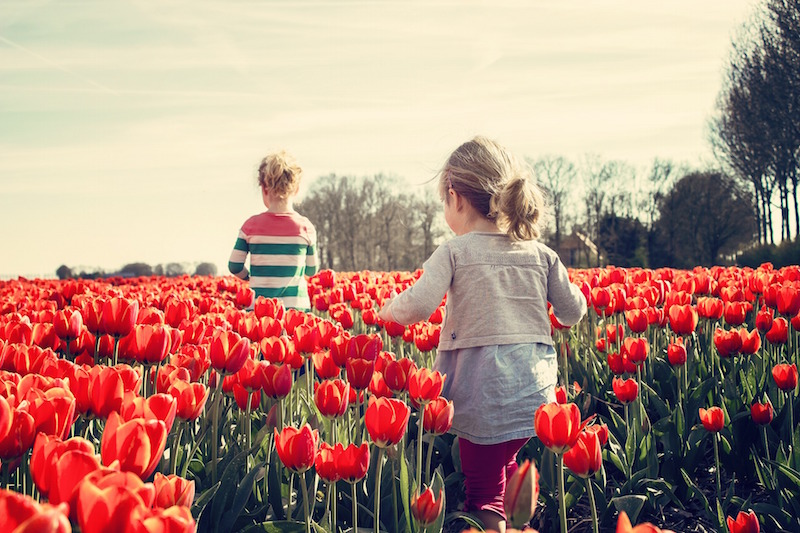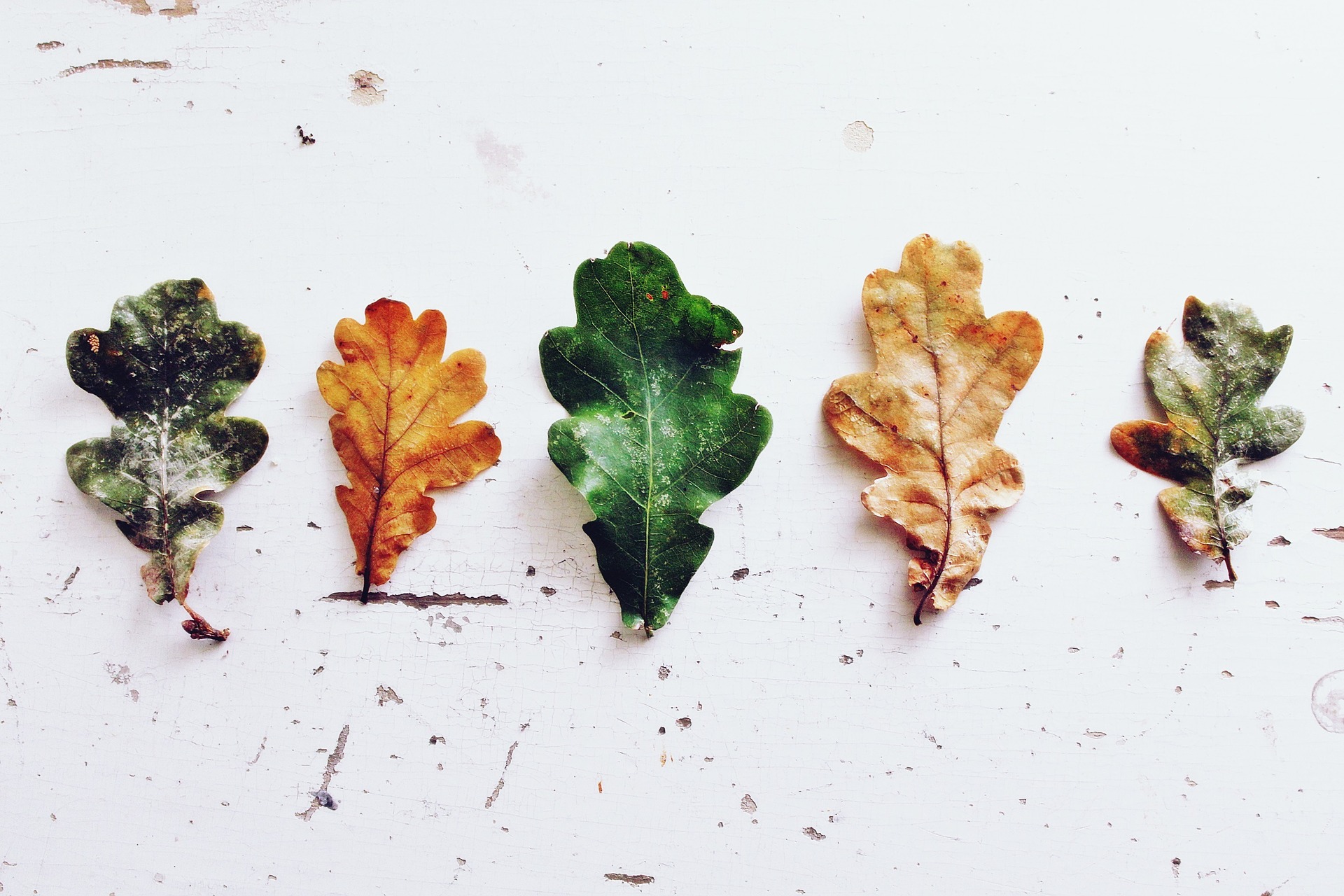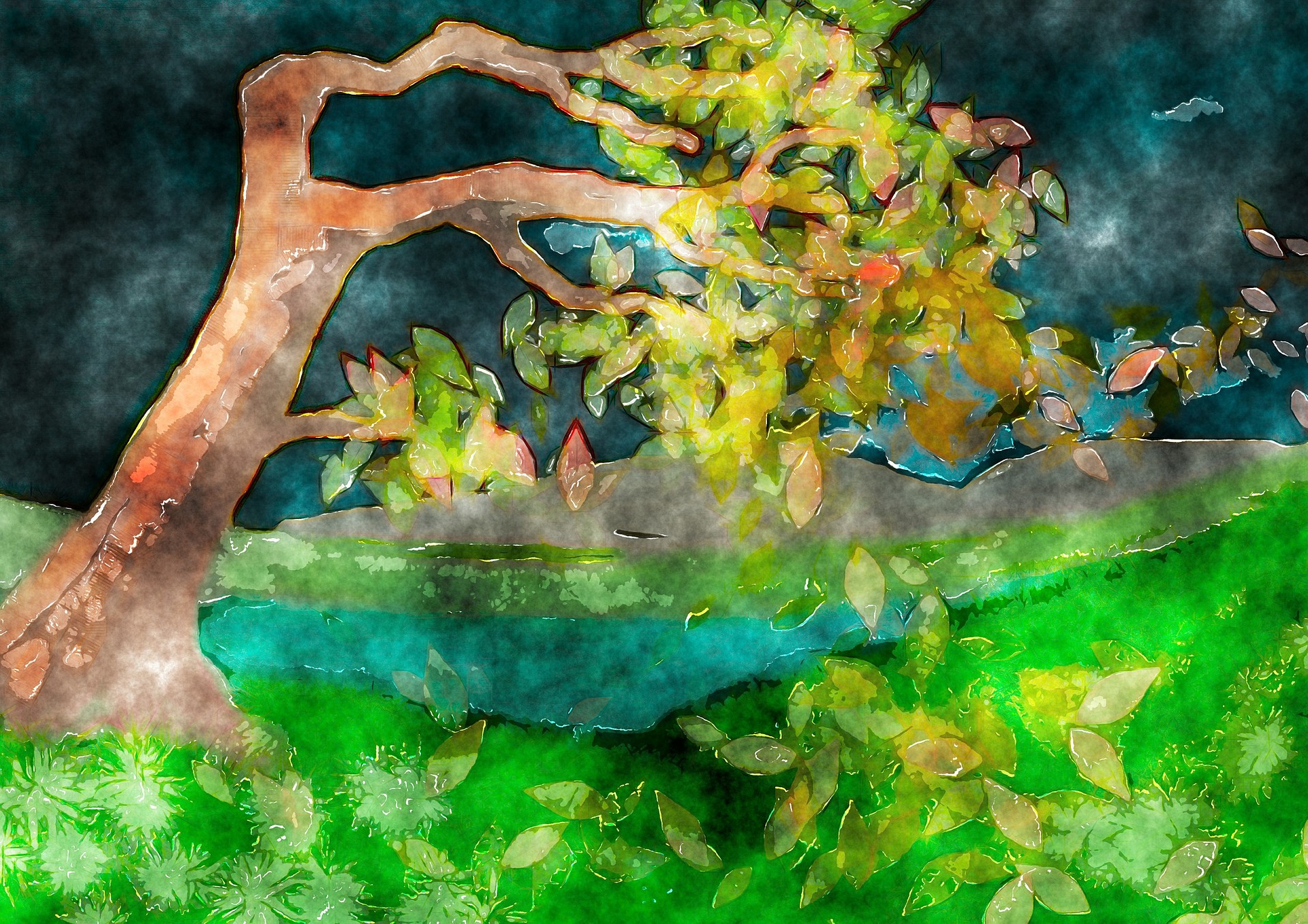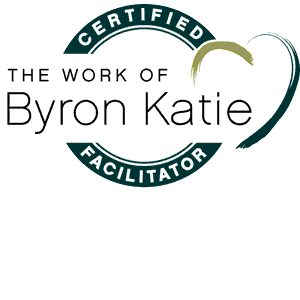Antidote for Worry? Soup!
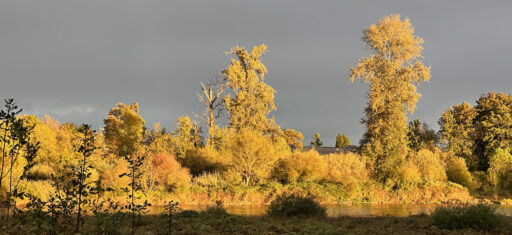
|
My worries have worries. So I built little matchstick houses with large ceilings, a garden for them to grow tomatoes, cilantro, & carrots their worry babies will eat. —Laura Villareal, Poetry Unbound Last week my friend Jenni sent me this snippet of a poem. And there it was, in one perfect image. Everything I’ve been hearing from friends and strangers alike for the last five years. “Worry babies” seem to be invading the planet: growing in gardens, dropping from trees. Once they get established, worries, like crabgrass, tend to take over, setting up residency in our brains and getting busy raising their own worry families. Sometimes they take cover in dreams, full of spikes and hooks that keep drawing us in when we’re just minding our own business. This is the work of the Nightime Worry Family, whose patchwork ticky-tacky housing development parties get wild about 3:00 am. One of my favorite thoughts about worry comes from Bridge of Spies. Tom Hanks’ character, who is trying to save a spy who might well be executed at any moment, repeats his one question three times: “Aren’t you worried?” The reply is always the same: “Would it help?” If you’d like to check it out this link. Lately I’ve been asking Wilma, my inner Worry Wart, if she’s trying to help, because it sure seems the opposite. She made the case that ignoring her completely might mean turning off flashing yellow lights that keep me safe. But often, especially in the middle of the night, her honest answer is “no.” Although an actual worry may contain the seed of a solvable problem (or at least an action item) by the light of day, the ones that set up housekeeping and wake you up at night do NOT offer solutions. Their job is to feed on any anxieties the body may have stored. In unprotected moments, when you forget to ask if it helps to worry, they can have their way with you, repeating past regrets or imagining fearful futures in an endless loop. The best hope for evading the Nighttime Worries is to notice the quick moment when we start to feel ourselves getting hooked at other times in our daily lives. This can be especially challenging during the holidays because that’s when worry families thrive. Try it out for yourself. sometime, in one of those elusive moments a when a worry first arises. Ask yourself whether it’s helpful. Breathe deeply once or twice. Just this much might be enough. Sometimes simply remembering to pay attention at that moment can calm the system. Next, find a quick way to tend to your actual body in some way, even if that means washing your hands or stretching for a couple minutes. Embrace whatever acts of self-care you can, even if it means a quick bathroom Time Out in a moment of overwhelm. When the time is right, you might ask your version of Wilma the Worrier to help develop a long-term plan. Allow some time to listen to what calms her, especially if you tend toward worry loops. Ask her to prioritize your to-do list, quietly eliminating her crazier ideas. If you listen closely, she might suggest you cut out unnecessary duties or dance or take a walk move excess energy. Or perhaps she’d like a little Time Out for herself. Send her to the spa and then give your body and spirit a few minutes (or hours) for a nervous system reset. Cozy up. Take a quick nap if you can. Simply stare out the window while savoring a comforting hot drink. Even better, nurture yourself by getting soupy. Warmly, |
 |
|
PS. Below is a great soup created from a couple of other recipes by way of my friend Martha. The first is from relishmag.com for African Peanut Stew. The second is from http://wpr.org/zorba/recipes/z07-0203r.htm (African Peanut Soup). Enjoy!
|
Balancing in the Land of Autumn
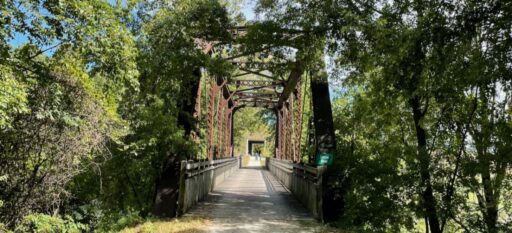
Fall Equinox found me in in Augusta, Missouri. a town of two or three hundred in my home state. I was there for a biking adventure covering a chunk of the Katy Trail, an official state park that winds through farm and river country along the Missouri River for 253 miles. Now the longest Rails to Trails route in the country, the land was first cleared by the MKT railway (This stands for the Missouri, Kansas, and Texas, or the Katy line, for short).
The Katy Trail is the longest uninterrupted biking and hiking path in the country represents the collaboration of industry (railroads retiring old lines) and donations, with a whole lot of negotiations along the way.
In the 1990’s, when the trail was being developed, the folks from the tiny farm towns along the Missouri river were not happy. They feared invasion by outsiders from other parts who would no doubt bring drugs and other undesirables into their insular communities. In other words, Trouble in River City.
The path turned twenty last year. And the struggling farm towns along the way are now dotted with profitable B & B’s, antique stores, and restaurants.
The first wine country in the US has been reclaimed. The path winds through an area that once produced more wine than anyone else in the country, but during prohibition all the established old-world vines were ripped out of the ground.
So it’s possible that the path has brought danger to the river cities, but whatever danger that is, it probably wouldn’t start with pool halls. These changes have defied expectations and provided triage for the shrinking small-farm economy.
So what does all this have to do with Fall Equinox?
When I woke up on September 22 in a beautifully restored Victorian B&B in tiny Augusta, it made sense. For me this time of year is all about balance, especially the balance of opposites, just as light and dark are equal on this one day of the year. So it seemed a fine way to spend the day, balancing on my bike, speeding along the flanks of the Missouri River, thinking about the unity of opposites. While breathing in the serenity and idyllic beauty of limestone cliffs and spacious river and autumn colors.
But my mind kept returning to opposites in politics. In the middle of vacation. I know.
For me the political and regional divisiveness of the last few years has been exhausting. I glean the news to find a sense of hope, trying to create equilibrium in my own mind.
But on that first day of fall, in a town once abandoned as river commerce died, it occurred to me that I was in the right place for the season. In the exact middle of America, in the middle of a “red state,” riding on the shoulders of the widest river in the country (and third widest in the world), all felt in balance.
This, I thought, is truly the middle path. Not conservative or liberal, not afraid or angry. Just people meeting people, people helping people, people connecting with people, acting from kindness and generosity, with a little free market enterprise thrown in. From that middle way has come a gradual trust, a balanced change. An inspiration for my own life, certainly. And a blueprint for our country and our world. A hope for a future of small, local action. A path of equilibrium.
|
Katy the Trail You pierce the heart of this continent like a dogwood arrow slowly landing under green canopy, in a bending and twirling pas de deux with the third widest river in the world. Who needs the Amazon or Congo when there’s the Missouri River, queen to her core, lined with wrecked steamboats, bare muddy shoulders cloaked with horsetail reeds scattered bouquets of purple asters fields of radiant yellow blooms with black eyes? Katy, without the clickety clack of iron horses Your job is to be, still and quiet, offering your charms to human pedalers, sharing your warm embrace equally with copperheads and bicycles and sworn enemies of red and blue, giving a hand up to farming hamlets no longer ghosts of the past but offerings to a future of beauty and simple pleasures, seated in the power of place.
—SgB October, 2022 |
The Magic of the Crack Between Worlds
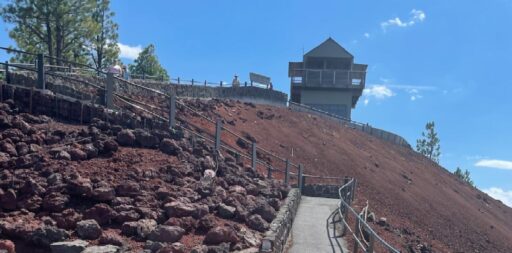
Here in the Northwest, reliable sunny summer weather typically lasts for only a few weeks. Summer can feel like a crack in time between seasons. So many of us try to wring out every little drop of out-of-door essence, condense it, and bring it home as a hedge against winter (or other unforeseen quarantines).
After our family’s mountain cabin burned down in the conflagration of 2020, after hanging out for a couple of years in pandemic isolation, my long-time husband and I decided earlier this summer that it was a good time to drive down memory lane. So we headed out, bikes in tow, to visit outposts from our early lives, when we were in our early twenties and worked for the forest service on recreation and fire crews, usually in remote locations. It felt like peeking back through a crack in time. Fifty years of time.
Our trip began with the lookout tower where we resided and kept fire watch in our early twenties, George was designated main lookout, but he was also a fire fighter. When there was a lightning bust, he’d put on his hardhat and drive a fire tanker down the hill to try to find spot fires. Then it was my turn in the tower to track the lightning hits, using binoculars to detect an orange glow, trusting an amazing device called an azimuth finder to align it with his headlights. This all had to happen while standing on a glass stool, careful not to touch metal so as not to get fried by lightning.In other words, boredom bookended with occasional hits of adrenaline.
We lived in our workspace, so we spent 24 hours a day in the same room for six months. Edward Abbey, an acclaimed environmental writer who lived and wrote in a lookout tower for three years, said that the best test of a marriage was to assign a husband and wife a job on a lookout. According to him, “Couples who survived this were destined for a long marriage, and they deserve it.” In my humble experience, it also helps if you’re young or in that “merge” stage of love that makes small spaces cozy and desirable. Lots of things have changed in our marriage during that gap of time, including our relationship with personal space, but we seem to still be living examples of Abbey’s contention.
One lookout where we lived was at the top of a steep road that wound its way up a cinder cone. The entire range of the central Oregon Cascades was our wallpaper. At night the stars and flirtatious visits by the Northern Lights were our entertainment. The tower stood out as a sentinel on the caldera, and it was also the first structure of an area that is now a national monument. So our little cabin on stilts served as an interface between the wild world and humans. We were only one flight up some stairs, so during the day the same refrain drifted through our windows: the sound of winded tourists would gasp for breath while they read the altitude sign. At high volume. And the altitude never once changed in all that time.
Most of the time we laughed at life there on the crack between humans and the wildness of nature. We hung out, staring out over the land for a blue haze, binoculars at the ready. While one or the other of us did that responsible thing, the other read or played an instrument. I planned to learn to play the banjo and never progressed past “poorly.” But we worked up a fake-bluegrass version of Smokey the Bear to torture the visitors at the end of the season. We got back at those altitude readers. I marvel now at our ingenuity and ability to entertain ourselves.
We were the last people to live in this particular tower, which is now staffed only during the day. It was a bit of a shock during our first stop on this summer’s nostalgia tour, then, when were boarded on a shuttle bus stuffed with other tourists that disgorged passengers about every half hour at the top of the caldera. I gasped my way to the top of the crater, stopping to read the altitude sign. Out loud. Once there, it almost seemed as if we were able to enter a crack in changeless time because it was all so familiar. Except the number of people swarming the caldera. I was taken aback by how rugged the living was, with a far steeper hike than I remembered, especially round trip down the little switchbacks to the only bathroom, a pit toilet.
We continued our trip to a couple of once-isolated resorts, now full of people, even though the pristine areas remain protected and once again seemed much the same, and there was an odd sense of comfort consistency in nature. We biked through stunning meadows and looped a whole lake, grateful for new bike baths. Another day we pedaled through the remains of whole towns that burned down and are now being replaced with manufactured villages, stripped of gardens and trees. Blackened ghost trees hovered dark and tall over new growth of grasses and ferns along the creeks, witnesses to the cracks in the world created by wildfire.
Ever since that trip, I notice that little cracks of wonder are everywhere, in so many places: old times and now times, honeymooners and silver anniversary celebraters, wild spaces and civilized ones, children and grandparents, night and day, destruction, damage, and renewal, summer and fall, There’s a magic in this simple but profound peek between worlds. A sense of being held by all of it, despite occasional evidence to the contrary.
May you find yourself held when the cracks in your world don’t seem kind.
Long View
Over fifty years ago
we went to sleep every night
in a glass house tied on top of poles
perched on a lava cone.
Our enemy was a flash of lightning,
a pewter puff in the distance
a glimmer in the dark
a smudge in a valley.
Our tools were a radio,
a behemoth metal fire finder
and a platoon ready to pounce.
We woke up embraced by mountains,
watched the snow dissolve until it was gone,
went to bed to among stars and sometimes
the green petticoat of northern lights flounced our way.
Our fears then were lightning busts,
renegade campfires
and the thought that
we might end up living ordinary lives.
First one and then the other of us
was the on-duty watcher
while the other one was left
to dream and scheme.
And right there on the caldera we began
to gradually glimpse our future
circled by an entire range of mountains,
and all the time in the world.
And when autumn came and socked us in
we surrendered, unready as we were, and
began to grope our way
into what was next.
—SgB
August, 2022
Subversive Power of the Smile
